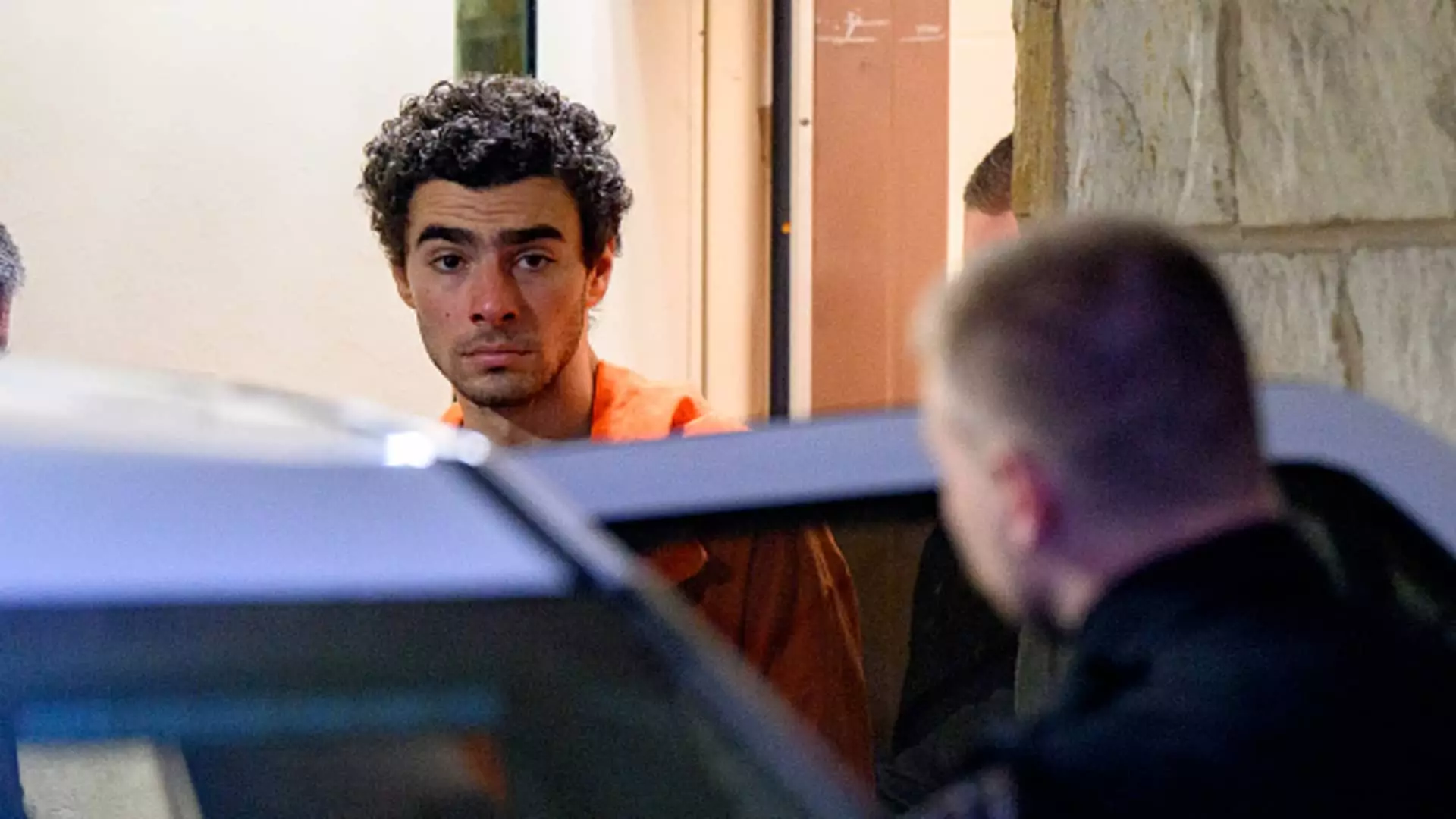The tragic and shocking murder of Brian Thompson, CEO of United Healthcare, has spawned a complex legal situation that transcends mere criminal proceedings, exposing broader societal issues related to violence, corporate power, and the criminal justice system’s response to terrorism. The case surrounding Luigi Mangione, the 26-year-old suspect now implicated in this heinous act, raises critical questions about justice, ethics, and the implications of federal and state jurisdiction.
Luigi Mangione stands accused of first-degree murder with implications of terrorism—a charge that significantly alters the context of the alleged crime. Under New York law, first-degree murder carries stringent requirements that extend beyond intent, necessitating the presence of specific aggravating factors such as murder targeting a witness or the execution of a contract killing. In this scenario, authorities are contending that Mangione’s actions were premeditated and directed towards instilling fear, given that United Healthcare is recognized as the largest private health insurer in the United States.
Moreover, the suggestion that Mangione’s motivation may stem from the scale and influence of the healthcare corporation he targeted suggests a troubling intersection of anti-corporate sentiment and individual violence. The nature of this case—where a life is extinguished not merely out of personal vendetta but more broadly as an act against a corporate entity—complicates our understanding of the motivations behind such extreme actions.
The dual potential for both state and federal charges complicates matters further. Federal prosecutors have signaled their interest in pursuing charges against Mangione, which creates a convoluted legal landscape, particularly concerning the principle of double jeopardy. The Fourth Amendment protects individuals from being tried for the same crime by both federal and state jurisdictions, although exceptions exist. Karen Friedman Agnifilo, Mangione’s attorney, has expressed concerns about this overlap, suggesting that piling on federal charges could lead to constitutional violations.
The civil libertarian implications are profound; the case straddles the line between ensuring justice for a high-profile victim and risking the potential overreach of federal prosecution in instances already covered by state law. The rationalization for federal involvement often rests on the severity of the alleged crime and its implications for national security, yet such involvement must be continuously scrutinized to avoid undermining citizens’ rights.
The Societal Messages Linked to the Crime
Manhattan District Attorney Alvin Bragg characterized the ambush-style killing of Thompson as deliberately calculated to evoke shock and fear within the community. This assertion not only underscores the unique brutality of the crime itself but also emphasizes the role that violent acts can play in larger societal commentary. By framing the killing through the lens of terrorism, officials risk reinforcing a narrative that conflates corporate leadership with a societal vulnerability that could justify retaliatory violence.
Is society now at a point where the actions of an individual can reflect the aggregate frustrations of the public against corporate entities? This question is particularly pertinent given the growing discourse around corporate accountability, healthcare access, and the ethical implications of wealth concentration within America’s capitalist framework.
The legal ramifications for Mangione if convicted are severe, with a potential life sentence looming over the case. The sentence’s gravity reflects society’s profound response to violence, particularly when rooted in perceived ideological motivations. The necessity of imposing such penalties begs a larger conversation about the underlying factors contributing to violent extremism—factors that often go unaddressed in legal settings.
Taking these factors into account, the unfolding legal proceedings against Mangione open a Pandora’s box of societal, ethical, and legal dilemmas that cannot be sidelined. As the legal battle progresses and the narrative of the case evolves, stakeholders from law enforcement to community members will need to navigate not only the specifics of the case but the essence of justice itself, and what it means in the context of a society grappling with complex emotional and ideological traumas.
The Mangione case is about more than a singular act of violence; it’s a reflection of broader challenges facing contemporary society, presenting an essential moment for introspection and dialogue on justice, violence, and corporate ethics.


Leave a Reply